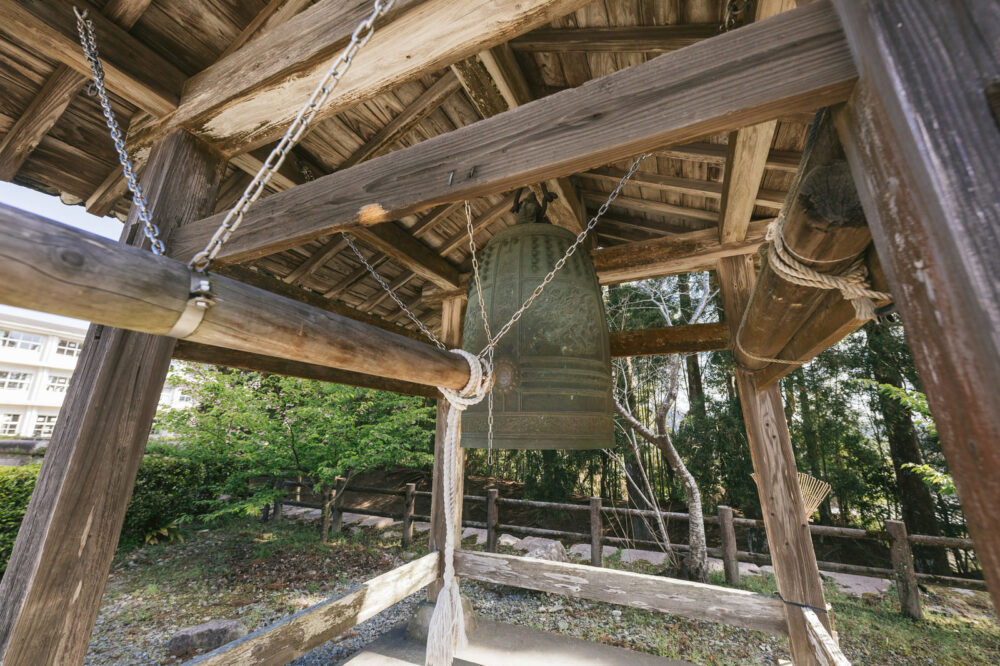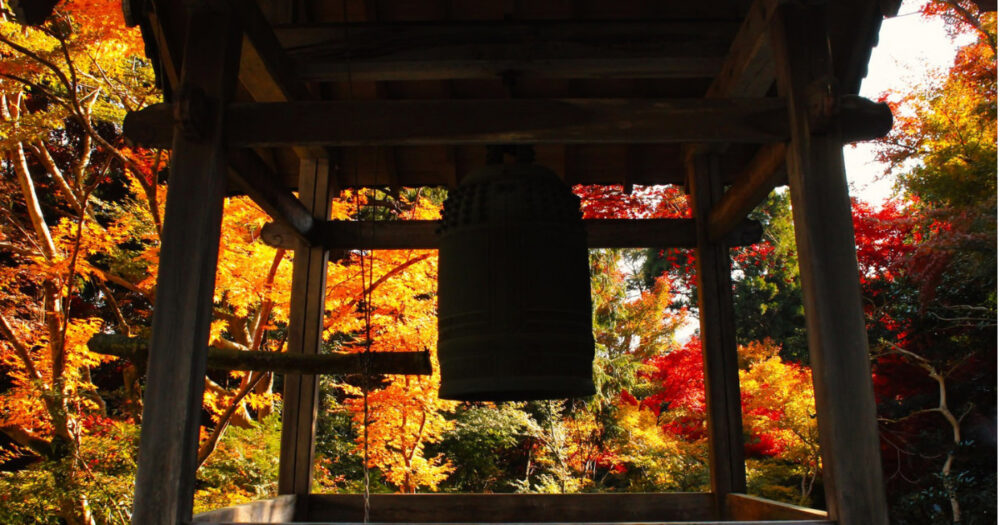Ringing in the New with Ancient Bells
As the world celebrates New Year’s Eve with fireworks and countdowns, Japan has its own deeply spiritual and serene tradition: Joya no Kane. This ritual, involving the ringing of temple bells, offers a unique and reflective way to welcome the new year.

Understanding Joya no Kane
Joya no Kane, which translates to the “New Year’s Eve Bell,” is a Buddhist tradition practiced in temples across Japan. As the clock strikes midnight, temple bells are rung 108 times. This practice holds profound religious significance and is steeped in Buddhist philosophy.
The Significance of 108 Rings
The number 108 in Buddhism represents the number of earthly temptations a person must overcome to achieve Nirvana. Each ring of the bell symbolizes the purification from one of these worldly desires, believed to cleanse the mind and soul for the new year.
A Time for Reflection and Resolution
More than just a ritual, Joya no Kane is a moment for introspection. As the bells echo through the crisp winter night, people reflect on the past year, contemplate their actions, and set resolutions for the year ahead.
Experiencing Joya no Kane
Joya no Kane is not exclusive to Buddhists; everyone is welcome to participate. Many temples allow visitors to ring the bell, offering a chance to be an active part of this ancient tradition. For those outside Japan, even listening to recordings of the bells can be a meditative experience.

Embracing a Moment of Peace and Renewal
In our fast-paced world, Joya no Kane offers a moment of peace and renewal. This New Year’s Eve, whether you’re in Japan or elsewhere, take a moment to listen to the distant chimes of Joya no Kane. Let it be a reminder of the constant flow of time and the opportunity each year brings for a fresh start.



